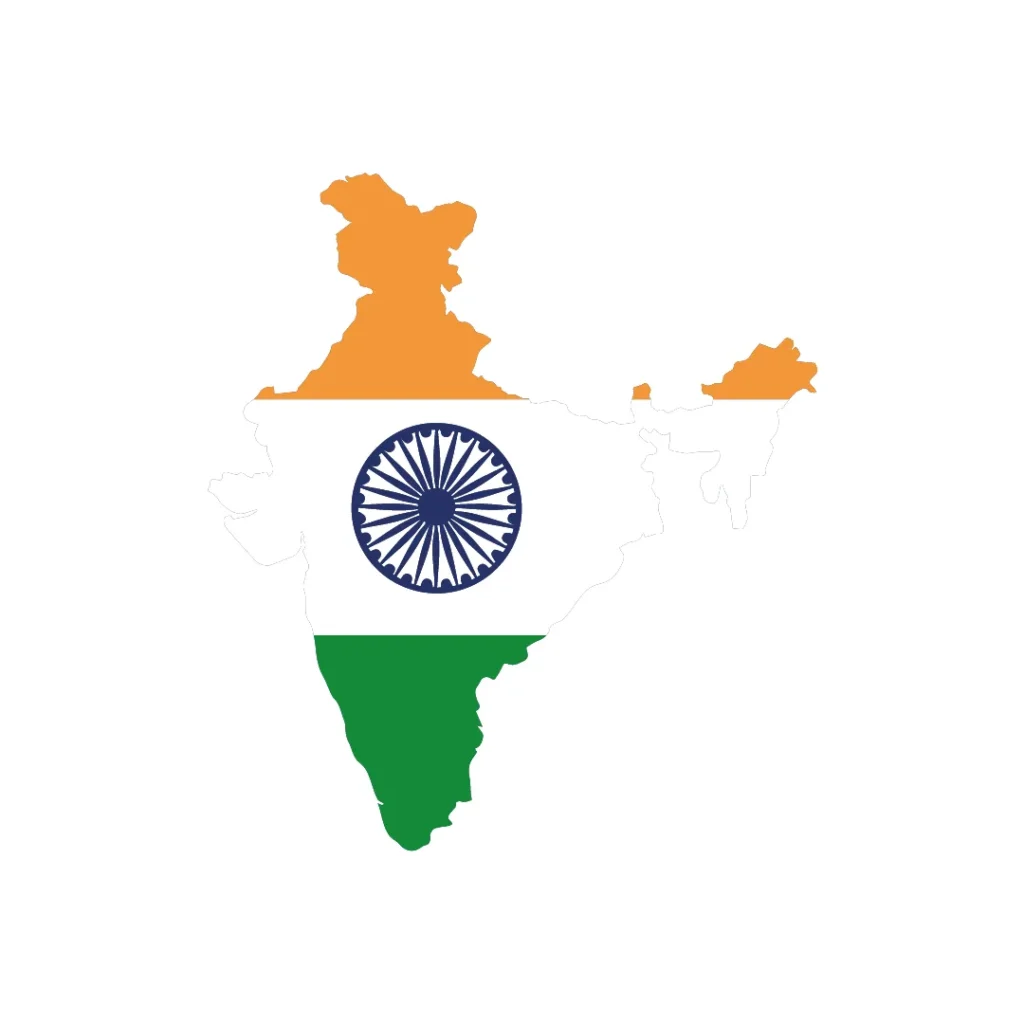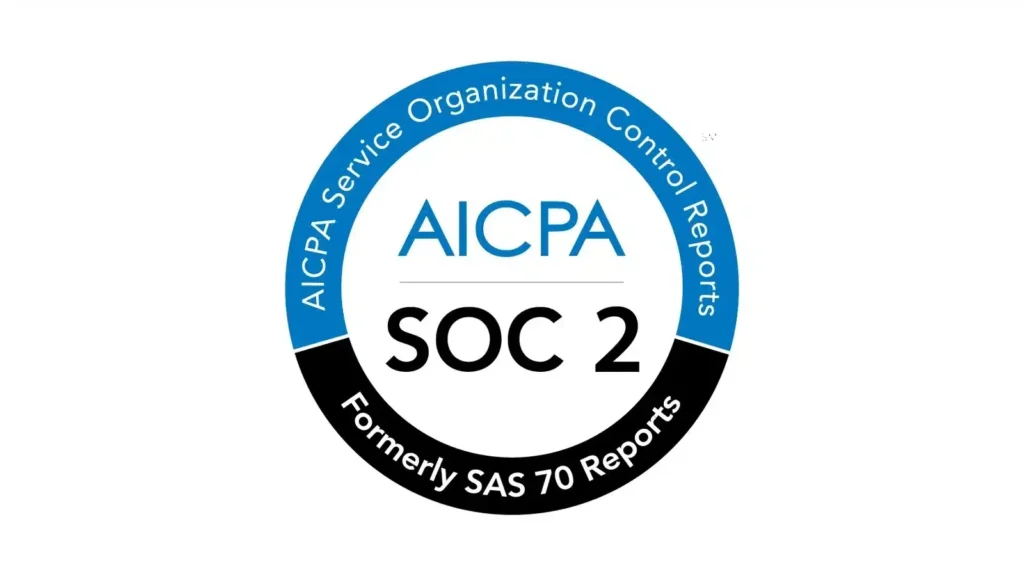-
Solutions
Discover Talent
Access top-tier candidates worldwide with our Global Talent Acquisition and recruitment services.
Employer of Record
Onboard top talent quickly and compliantly with our Employer of Record service.
Manage Employment
Adopt a human-centric approach to employee management, ensuring compliance.
Jump to:
India Facts and Stats
Currency
Indian Rupee is the official currency of India. Its currency symbol is ₹, INR.
Employer Costs
Estimated at 12% of employee’s salary.
Onboarding
Emerald Technology can onboard employees within 24 hours.
Languages
There are 22 official languages, with Hindi, Bengali and Marathi the most popular. Over 528,000,000 people speak Hindi in India.
Population
The population of India is 1.393 Billion (based on World bank numbers as of 2021).
Payroll frequency
The payroll cycle in India is generally monthly, with wages paid on or after the 28th of each month.
Hiring
Grow your team in India
No entity, no problem
To start growing your team in India, you must establish a local entity- including an account with a local bank, a local office and an address registered as a subsidiary. This
allows you to manage payroll, tax, benefits and compliance for your employees, but can take several months.
Emerald can hire and payroll your workers, quickly and compliantly with their ready to go entity. Make growing your team simple with Emerald as a global partner.
Emerald can hire and payroll your workers, quickly and compliantly with their ready to go entity. Make growing your team simple with Emerald as a global partner.
Pros & Cons of hiring in India
India is a country with a population of 1.3 billion people and is the second most populous country in the world. It has a diverse culture, which makes it an attractive
destination for many companies to do business.
The Indian economy is growing at a rapid pace and it has been one of the fastest-growing economies in the world for many years now. The Indian government has also
been trying to make India more attractive for foreign investors by making changes to its tax system, labor laws, and other regulations.
However, there are some challenges that companies face when they want to do business in India. For example, India’s infrastructure is not as developed as other countries like
China or Japan so it can be difficult for companies to transport their goods from one place to another within the country.
Why India is good for remote workers
Remote working in India has many benefits. Good quality internet, affordable costs, and a large population are just a few of them. There are also many companies and
entrepreneurs who choose to work from home because of the country’s favorable conditions. In addition, the country is constantly expanding its broadband network, which
makes it easier for people to connect from anywhere in the world.
Start growing your remote workforce now
Employer Costs
| Employee's Pension Fund: | 8.33% |
| Employees' Provident Fund: | 3.67% |
Benefits
Mandatory Benefits
Indian employers are required to offer the following benefits to all full-time employees:
State Insurance - employer contributes 3.25% if employee is earning 21,000INR or less per month.
Gratuity - must have completed five years continuous service.
Paid Time Off - 15 days.
Additional Benefits
Some employers like to offer additional benefits to improve employee retention and satisfaction.
Private Healthcare.
Employment
Contract
Contracts in India must include:
Currently, there is no legal requirement for a formal written contract of employment in India, although employers generally enter into written employment agreements. Some state-specific laws require employers to record certain terms of employment such as, wages, designation and working hours. Recent amendments to the Employee’s Compensation Act 1923 and the Maternity Benefit Act 1961 require employers to inform employees of the benefits available to them in writing.
Probation
A probation period in India is six months and can be extended by a period of three months at a time. The maximum probation period must not exceed two years.
Emerald Technology can onboard employees in India within 48 hours.
Insurance
01.
Healthcare:
Since April 2020, it has been mandatory for all employers to provide a Mediclaim policy to employees in India.
02.
Social Security:
Social Security in India is governed by the Employee’s Provident Funds and Miscellaneous Provisions Act.
Leave Policy
01.
Maternity Leave:
Pregnant employees are eligible for a total of 26 calendar weeks of maternity leave. A mother may start her leave up to eight weeks before the expected delivery. Employers cover the cost of maternity leave, unless the employee is a factory level employee, in which case the costs are covered by social funds from the Government. Additionally, pregnant employees may be eligible for a medical bonus of INR 3,500.
02.
Paternity Leave:
There are no legal stipulations for paternity leave except for government sector employees, who are entitled to 15 days’ leave.
03.
Sickness Leave:
In India, employers must provide six days of sick leave per year. Some employers provide an unpaid leave for long term medical issues, but this is not mandatory.
Onboarding
Onboarding
As the legal employer, Emerald Technology requires the following employee documents to ensure complete compliance:
Passport.
Identification and Proof of Address.
Education Certificate.
Job Description.
CV.
Line Manager Details.
Emerald Technology can onboard employees in India within 48 hours.
Termination
Resignation and Dismissal
When an employer dismisses an employee it must be with just cause and they must give them notice. The notice period starts from the day after the employer notifies the employee of the termination. Notice must be given in accordance with the following schedule at a minimum:
| Notice Period: | In India, the employment relationship can be ended by either the employer of the employee, with written notice being the preferred method of notification, although verbal notice is also acceptable. The duration of notice required varies based on the terms of the employment contract. |
| Termination: | Termination of an employee may occur due to misconduct, poor performance, or breach of contract, but the employer must follow the proper procedures toa void any legal issues. In India, employers must comply with various laws and regulations related to employee termination, including the Industrial Disputes Act, the Contract Law Act and the Industrial Employment Act. |
| Improper Termination: | The employer must provide advance notice to both the employees and the relevant government authorities before any termination plans are carried out. If an employee is terminated without proper notice or compensation, they have the right to file a claim with the labour court. |
Severance
If an employee is made redundant, they are entitled to a payment based on years of continuous service.
| Severance | The entitlement to severance pay in India depends on the terms of the employment contract, the reason for termination, and the applicability of the Industrial Disputes Act. Employees who have completed at least one year of continuous service with their employer may be entitled to receive severance pay if they are terminated due to redundancy or retrenchment. The amount of severance pay is calculated as 15 days’ average pay for every completed year of continuous service. It’s worth noting that employees who are terminated due to misconduct or other valid reasons may not be entitled to any severance pay or benefits. |
Time off
Statutory Time off
The exact entitlement may vary from state to state, but the general rule is that an employee is entitled to at least one day of leave for every 20 days of work performed during a calendar year.
Public Holidays
- Republic Day
- Independence Day
- Mahatama Gandhi’s Birthday
Emerald Technology can onboard employees in India within 48 hours.
Salary / Taxes
Work, Pay and Taxes
01.
Minimum Wage:
While India has no national minimum wage, minimum wages may be set by state or sector of industry. Wages vary from INR 160 per day in Bihar to INR 423 per day in Delhi.
02.
Working Time and Overtime:
The work week in India is 40 hours, with a standard workday of 8 hours. Employees are entitled to 10.5 hours between workdays. Work hours should not exceed more than 50 hours per week, or 9 hours per day. There is no legal requirement to pay overtime apart from factory workers, who are entitled to receive 2x salary payments for any hours worked over 8 hours per day or 48 hours per week.
03.
Salary Payments:
The payroll cycle in India is generally monthly, with wages paid on or after the 28th of each month.
04.
Bonuses in India:
Employers are not required to provide employees with a bonus. Any bonus provided is at the employer’s discretion and will be subject to tax.
05.
Income Tax:
In India, income tax is a major source of revenue for the central government. The contribution of income tax to the total tax revenue of the government varies from year to year, depending on the overall economic situation of the country and the tax policies implemented by the government.
- Up to 250,000: 0%,
- 250,001 – 500,000: 5%,
- 500,001 – 750,000: 10%,
- 750,001 – 1,000,000: 15%,
- 1,000,001 – 1,250,000: 20%,
- 1,250,001 – 1,500,000: 25%,
- 1,500,001+: 30%,

Worker misclassification in India
Similar to other countries, India has strict rules on classifying individual contractors and full-time employees differently. Misclassifying your workers can put your business at risk of fines.
Enquire about our global hiring solutions
Start a conversation on how we can assist you to grow your remote team.
